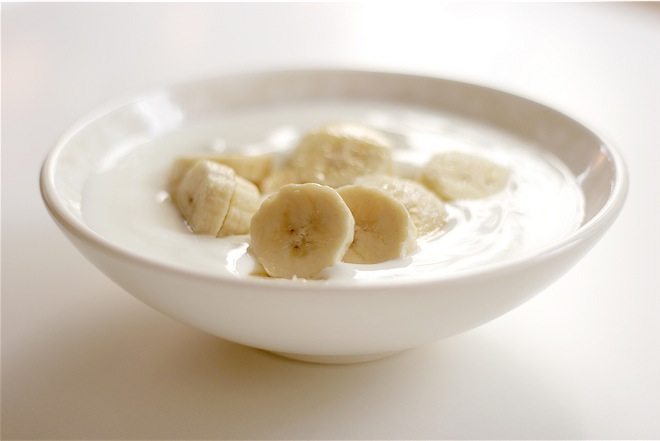Gut Health
Before looking at beneficial bacteria and dangerous bacteria in terms of gut health, let’s explore just what leaky gut syndrome is, and whether you are actually at risk of it. The problem with leaky gut syndrome is that it is not actually a medical diagnosis, but rather a term used to describe that something is not going right in your gut, but that it is isn’t clear at all why something is not right. According to WebMD
“Leaky gut really means you’ve got a diagnosis that still needs to be made.”
You state that you are worried about developing leaky gut syndrome. Medical professionals know that it is not a congenital disorder, but rather something that is linked to our lifestyle. As explained by Patients Medical
“Leaky gut syndrome arises from damage to the lining of the digest tract such that it becomes inflamed, enlarged, and more porous.”
It is generally caused by infections, high intakes of caffeine or alcohol, medication, ingestion of toxins and poisons (including contaminated food), dietary intolerance, deficiencies and eating a diet high in sugar or low in fiber. Hence, the first place to start looking if you are worried about leaky gut syndrome is yourself, your lifestyle and your diet.
Keeping good gut health is very important. One of the problems in public perception is that we shudder at the word “bacteria”. It conjures up images of dirty creepy crawlies that infect everything we eat and drink. It is certainly true that there are very harmful bacteria out there, but there are also very beneficial bacteria and they are essential to maintain good gut health. Some 400 different types of bacteria have taken up permanent residence in our gut and they are essential to our health. Science Daily explains that
“They help us digest our food and provide us with energy and vitamins. These ‘friendly’ commensal bacteria in the intestine help to stop the ‘bad guys’ such as Salmonella that cause infections, taking hold. Even the biochemical reactions that build up and maintain our bodies come from our intestinal bacteria as well as our own cells.”
Hence, it is time to stop thinking of bacteria as dirty things, but rather consider them our best friends to maintain good health. Naturally, you do have to know which bacteria are actually your friends and which ones you should avoid. You will probably have noticed on television that there are numerous advertisements for drinks and yoghurts that claim to contain certain bacteria that are supposed to be essential to our gut health. The most common one spotted in advertisements is “bifidus digestivum”. Although this bacteria, also commonly marketed as “L. casei imunitas” is indeed very beneficial to our gut health, it is found naturally in all yoghurt and dairy products. In a report from Science Chat Forum is was noted that
“I have yet to see any independent papers supporting their claim that the DN-114001 strain is more beneficial than the Lactobacillus casei present in my 10-times-cheaper-for-triple-the-volume local brand of yogurt.”
Hence, what matters is not that you buy expensive branded products, but rather that you know where the good bacteria essential for our gut health are found. According to Oprah.com
“Intestinal bacteria is a need to eat, and mounting evidence indicates that beneficial bugs prefer nutrients called prebiotics, which are primarily found in high-fiber foods including onions, garlic, bananas, artichokes, and many greens. Bad bacteria, on the other hand, prefer the sugars and fats found in processed foods.”
What matters, therefore, is that you work on feeding the good bacteria that are already there, and ridding you of the bad bacteria. Maintain a healthy gut – and avoiding leaky gut syndrome – is all about leading a healthy lifestyle, ensuring that the beneficial bacteria occurring in your body naturally continue to fight on your side. Most gut problems could easily be avoided if people spend more time preparing their own food from fresh, rather than purchasing quick, ready-made meals. Ensuring you consume your five portions of fruit and vegetables a day – organic, of course – is also hugely important. Make sure you limit your consumption of alcohol and caffeine as well and consume plenty of fermented raw dairy products such as raw kefir and raw yogurt, particularly if you are lactose intolerant.
©2013 | Shantih Coro
About Shantih >



Leave a Reply
Want to join the discussion?Feel free to contribute!